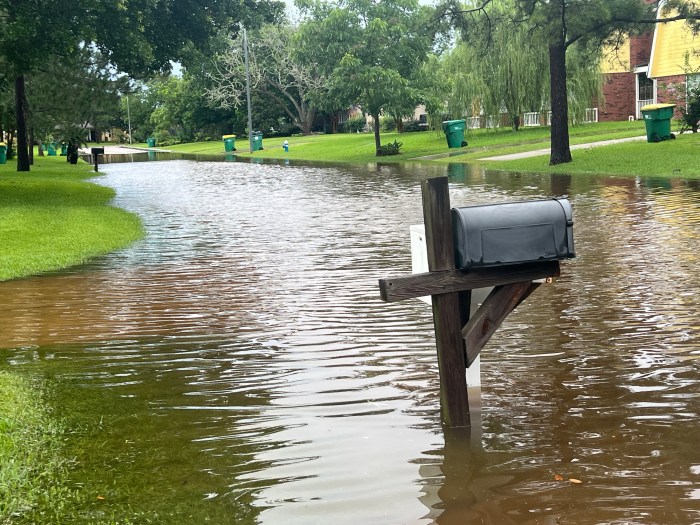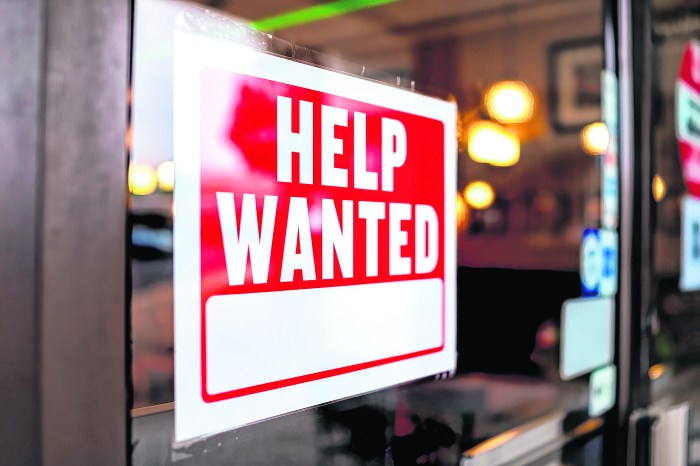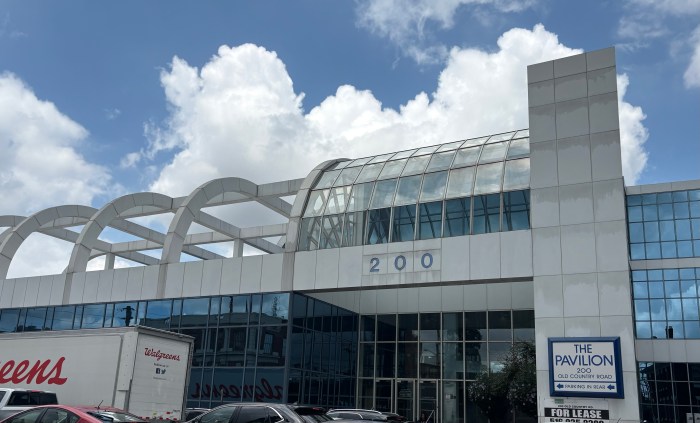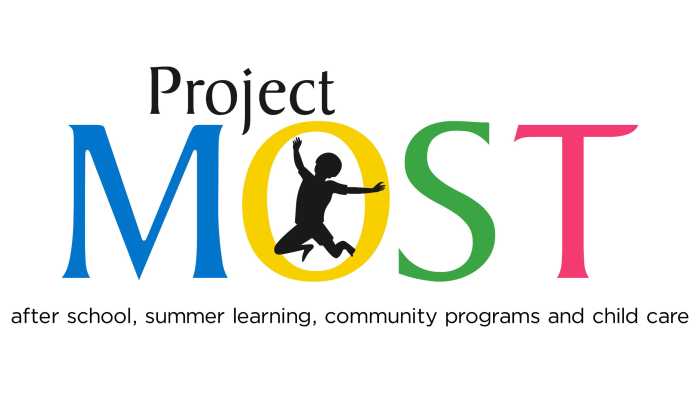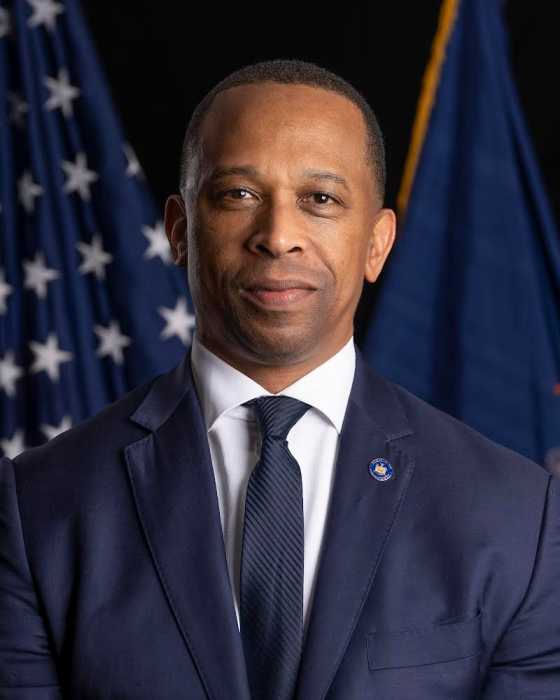Northwell Health’s Center for Gun Violence Prevention held an event Friday in honor of National Gun Violence Awareness Month – June – to address the escalating public health crisis of gun violence in America.
Friday, June 7, marked National Gun Awareness Day.
The event was a call for change and advocacy to help reduce the impacts of community violence and bring awareness to the profound lasting effects of gun violence on individuals and families.
“We’ve got to do something an awful lot more to deal with this national public health crisis of gun violence,” said Michael J. Dowling, CEO of Northwell Health. “We are taking a leading role in trying to get people more aware of this issue, get people more concerned about it, and get people more willing to do something about it.”
Gun violence is the No. 1 cause of death among children and teens aged 0-19 years, according to CDC data. Every day, 120 Americans are killed by a firearm.
After the COVID-19 pandemic began, there was a 350% increase in the number of children who are gun violence victims, according to Jose Prince, surgeon-in-chief of the Cohen Children’s Medical Center.
“That is a statistic you should never have to talk about,” Dowling said. “It is an embarrassing statistic and that is why we are all taking an important stance to do something about it.”
Surgeons, nurses, and social workers wearing orange gathered in support of this event in partnership with the organization SNUG, a neighborhood violence prevention program.
The students that came to the Northwell Health event were part of the SNUG program which is under FCA, Family & Children’s Association. SNUG, also known as Should Never Use Guns, is an evidence-based violence reduction initiative.
The SNUG program aims to engage high-risk individuals in violent communities to address the root causes of gun violence and change the community’s acceptance of violent behavior through coordinated strategies to reduce shootings and killings, according to the website.
Nyzier Ross, 14, and Rosie Roberts, 19, two teenagers who have been personally affected by gun violence, shared their stories, trauma, and a call for action.
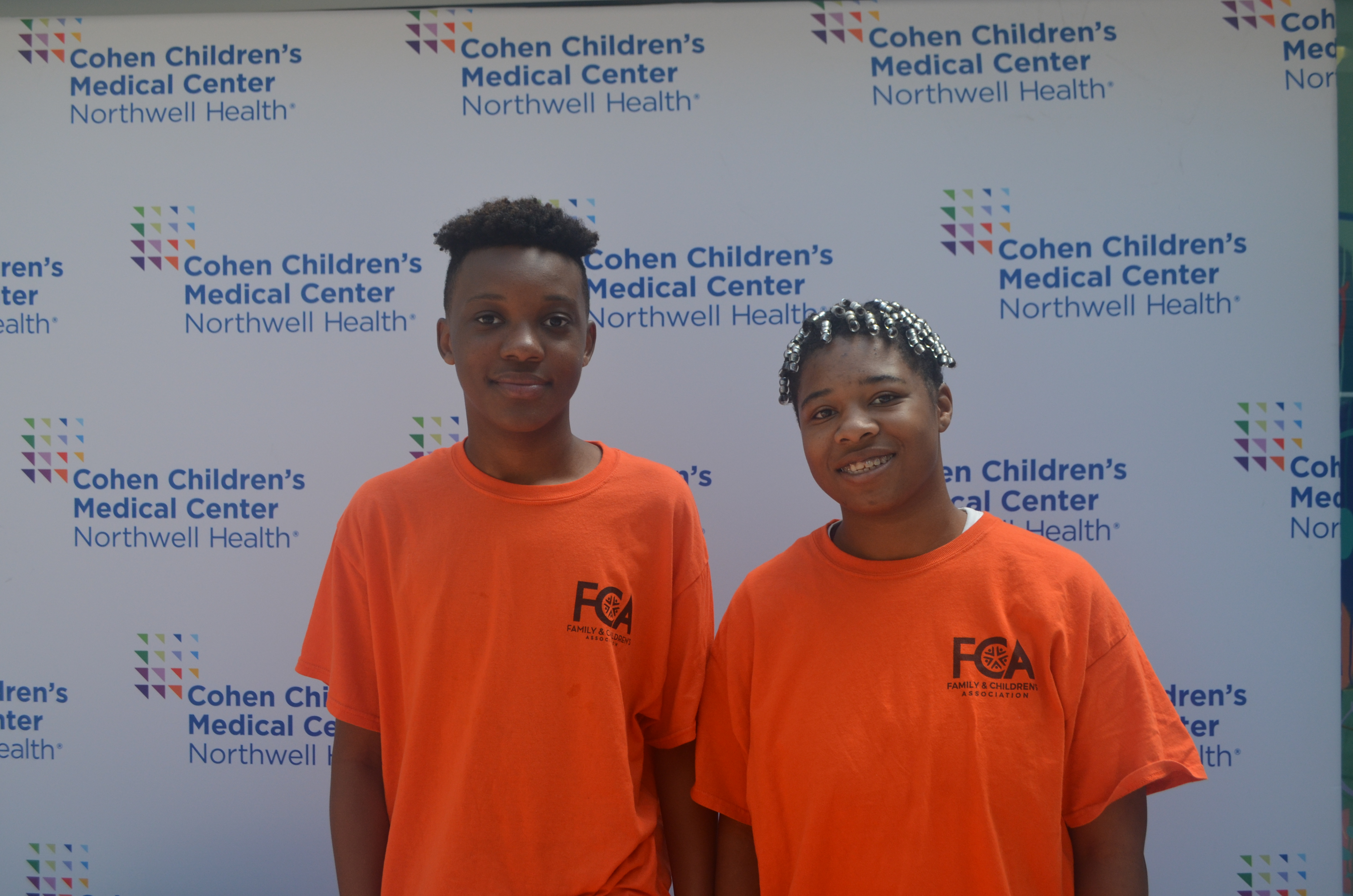
Nyzier was shot in the arm last August. He was treated for gunshot wounds at Cohen.
“Almost a year ago last summer, my pager went off with a level one trauma activation for a patient [Nyzier] with a gunshot wound. No matter how long you’ve been doing this, 25 years for me, your heart rate picks up a little bit and your heart breaks a little bit,” Prince said. “We feel so powerfully that what happened to him is not right. It is wrong.”
Nyzier has PTSD and sharp noises make him look for cover. Fireworks remind him of gunshot sounds, and with the Fourth of July approaching, he plans to stay inside.
“It is really sad to see kids my age, Rosie’s age, get shot or lose someone because they got shot,” Nyzier said. “I don’t think people should have to go through that. Put the guns down, put the weapons down.”
Roberts’ brother was killed by gun violence in 2017. The SNUG program has helped her heal from her past trauma and make music to express how she feels, she said. In 2023, she made a song called “No More Guns” that includes lines such as, “Every day I cry, I’ve been wondering why, is it safe to go outside.”
She performed the song live at the event.
“On Gun Awareness Day, we ask for no more guns. People should not have to bring their kids or someone they love to a hospital because they’ve been shot,” Roberts said. “It is not only hurting adults, it is hurting kids. They are ending up either in the hospital or the grave.”
The Northwell Violence Prevention Center partners with several community outreach groups to address the underlying socio economic problems that impact this public health crisis of gun violence.
“Mr. Dowling and Northwell are really trying to tackle a very hard problem, which is the social determinants of health,” Prince said. “We know the solution to this comes from a lot of different places. We don’t have the answers to all of this, so we have found many of the community organizations out there doing the hard work day in and day out to partner with.”
The Cohen Children’s Medical Center implemented a universal screening in the emergency room to assess pediatric patients’ access to firearms. The patients are asked about access to a firearm within or outside their household, risk of violence, how often they hear gunshots, and if a gun has been pulled on them in the past six months, according to Monica Shekher-Kapoor, director of community health initiatives.
“What we find is that a child will say that my 14-year-old brother has a gun in a duffel bag in the dining room, or they’ll say that my mom has a shotgun in the closet, or they’ll say that my neighbors have guns in their shed,” Shekher-Kapoor said.
If it hasn’t already directly affected you, you don’t want to wait until it does to take action, Prince said.
“This is about the future. This is about our kids’ future. This is about the obligation and responsibility we have to do what is right to change the dynamics on this issue. This is not a political issue, this is a human issue,” Dowling said.





